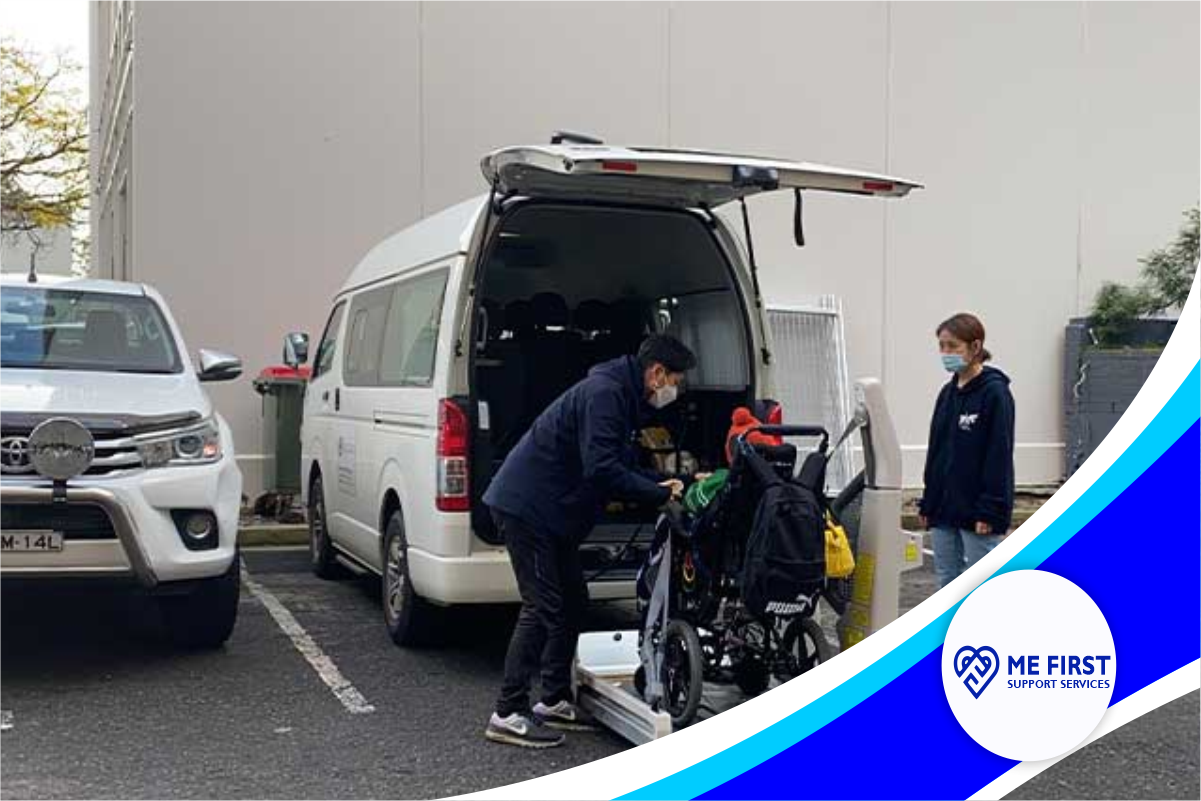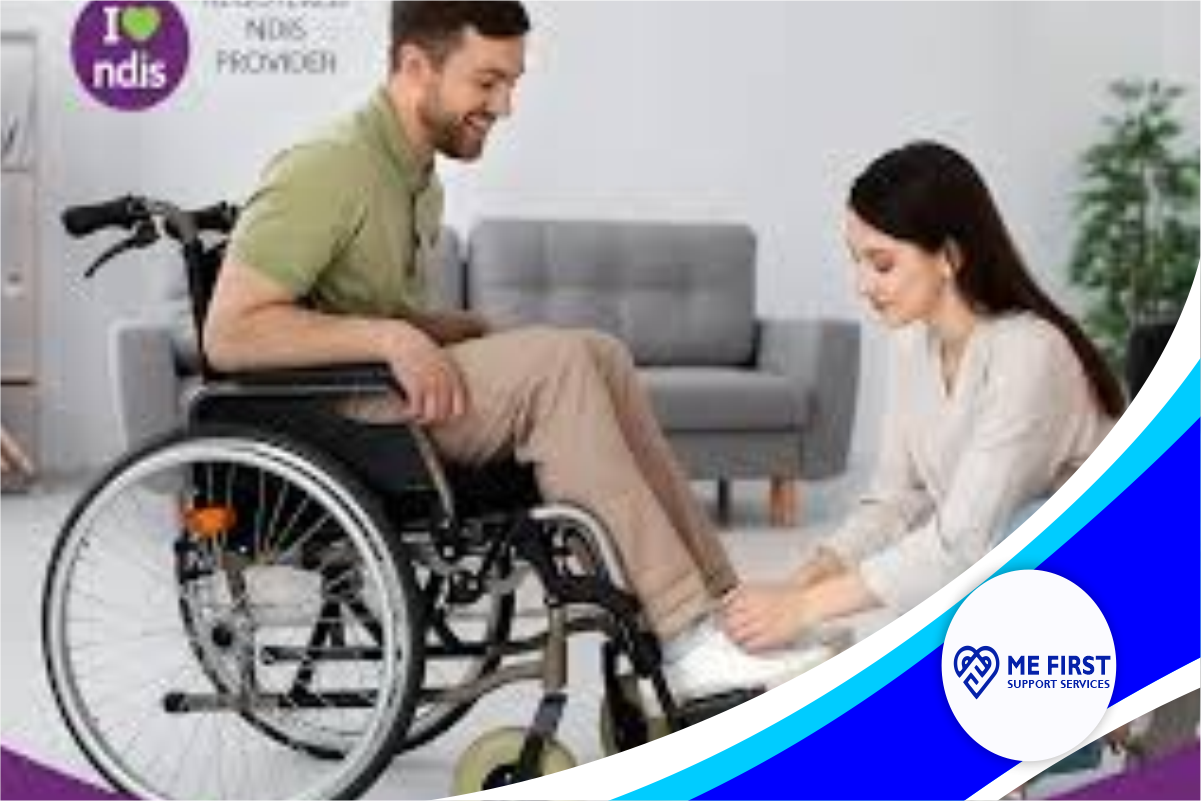Transportation barriers shouldn't limit your independence. If you're an NDIS participant or caregiver wondering, "Can I get funding for transport support?", this guide explains the eligibility criteria, funding levels, and how to access this vital service.
NDIS Transport Funding: 3 Key Eligibility Factors
To qualify for transport assistance under the NDIS, you must meet these requirements:
1. Your Disability Permanently Affects Your Mobility
The NDIS funds transport support if:
- You cannot use public transport safely or independently due to your disability
- You require specialized vehicles (e.g., wheelchair-accessible transport)
- Your condition makes driving unsafe (e.g., vision impairment, epilepsy)
Example: A participant with cerebral palsy may need door-to-door transport due to mobility limitations.
2. Lack of Transport Impacts Your Daily Life
Funding is granted when transport barriers prevent you from:
- Attending medical/therapy appointments
- Working or studying
- Accessing community/social activities
- Completing essential errands (e.g., grocery shopping)
Note: The NDIS won’t fund transport if family/carers can reasonably provide it.
3. It Aligns With Your NDIS Goals
Your plan must include goals like:
-
"Increase community participation"
-
"Improve independence in daily life"
-
"Access employment/education opportunities"
3 Levels of NDIS Transport Funding
The NDIS categorizes transport budgets based on your needs:
| Funding Tier | Weekly Amount (2024) | Who It’s For |
|---|---|---|
| Level 1 | $0 | Participants who receive other transport supports (e.g., through school or work) |
| Level 2 | ~80–80–100 | Those with partial capacity to use public transport but need occasional help |
| Level 3 | ~150–150–195 | Participants unable to use public transport due to significant disability |
Note: These amounts are not cash payments—they’re allocated to approved transport providers.
What NDIS Transport Funding Covers
- Specialized transport services (e.g., wheelchair-accessible vehicles)
- Support worker-assisted travel (companion for safety/social support)
- Public transport training (learning to use buses/trains independently)
- Taxi/rideshares (if pre-approved in your plan)
- Daily fuel costs (unless for disability-modified vehicles)
- Regular family/carer transport (considered an informal support)
How to Get Transport Funding in Your NDIS Plan
For New Participants:
-
Provide evidence (e.g., occupational therapist reports) showing transport barriers.
-
Link to goals in your planning meeting (e.g., "I need transport to attend my job").
For Existing Participants:
-
Request a plan review if your needs change (e.g., worsening mobility).
-
Submit updated assessments from health professionals.
If Your Request Is Denied:
-
Appeal with a "Change of Circumstances" form
-
Provide additional medical documentation
How Me First Support Services Can Help
We assist NDIS participants in QLD & NSW with:
- Door-to-door transport (medical, social, work trips)
- Travel training (build public transport skills)
- Plan review support (help document transport needs)
"We’ve helped hundreds navigate NDIS transport funding—let us guide you too."
Call 07 3523 2899 or email info@mefirstsupport.com.au




